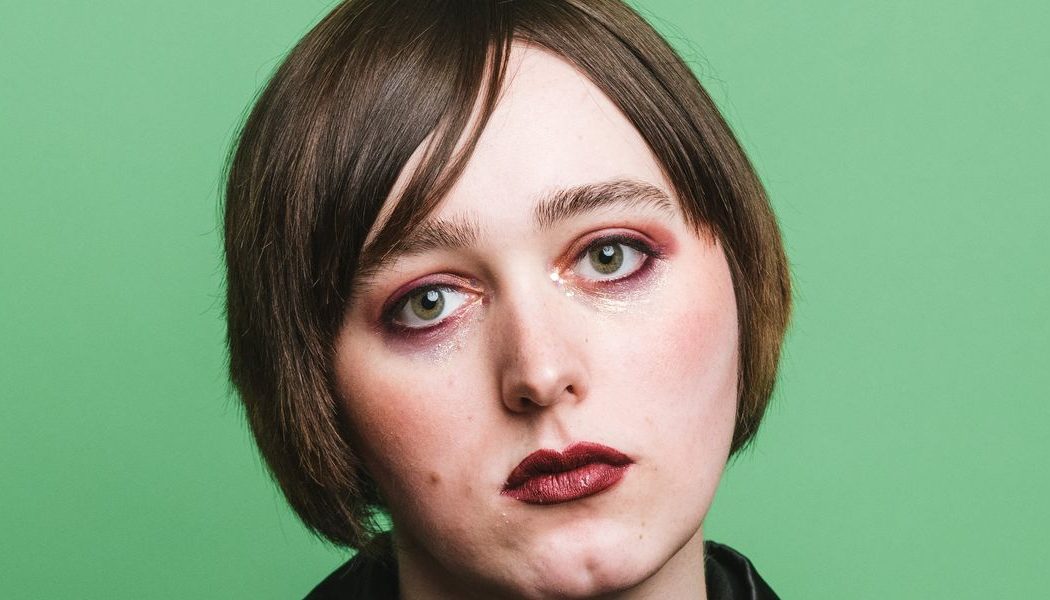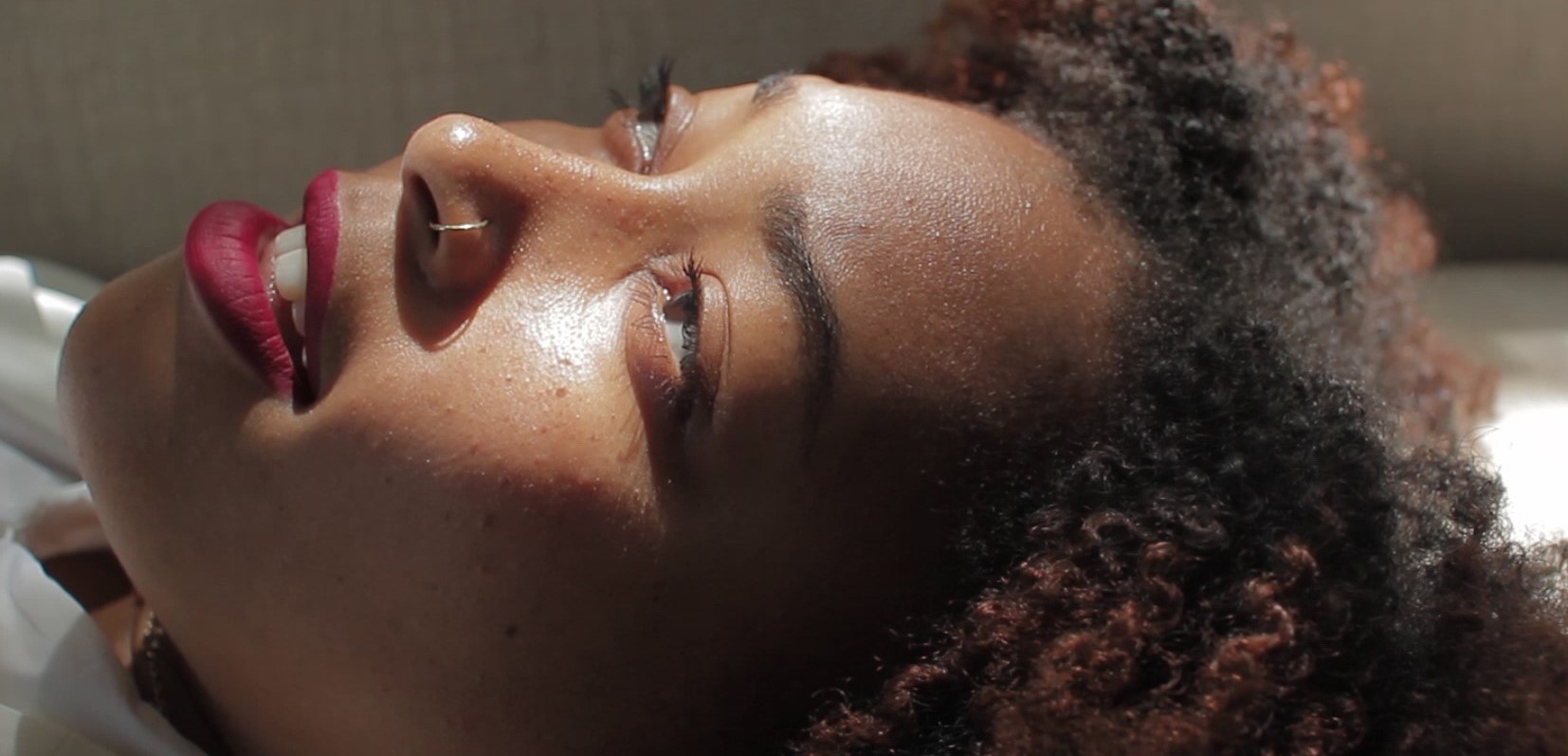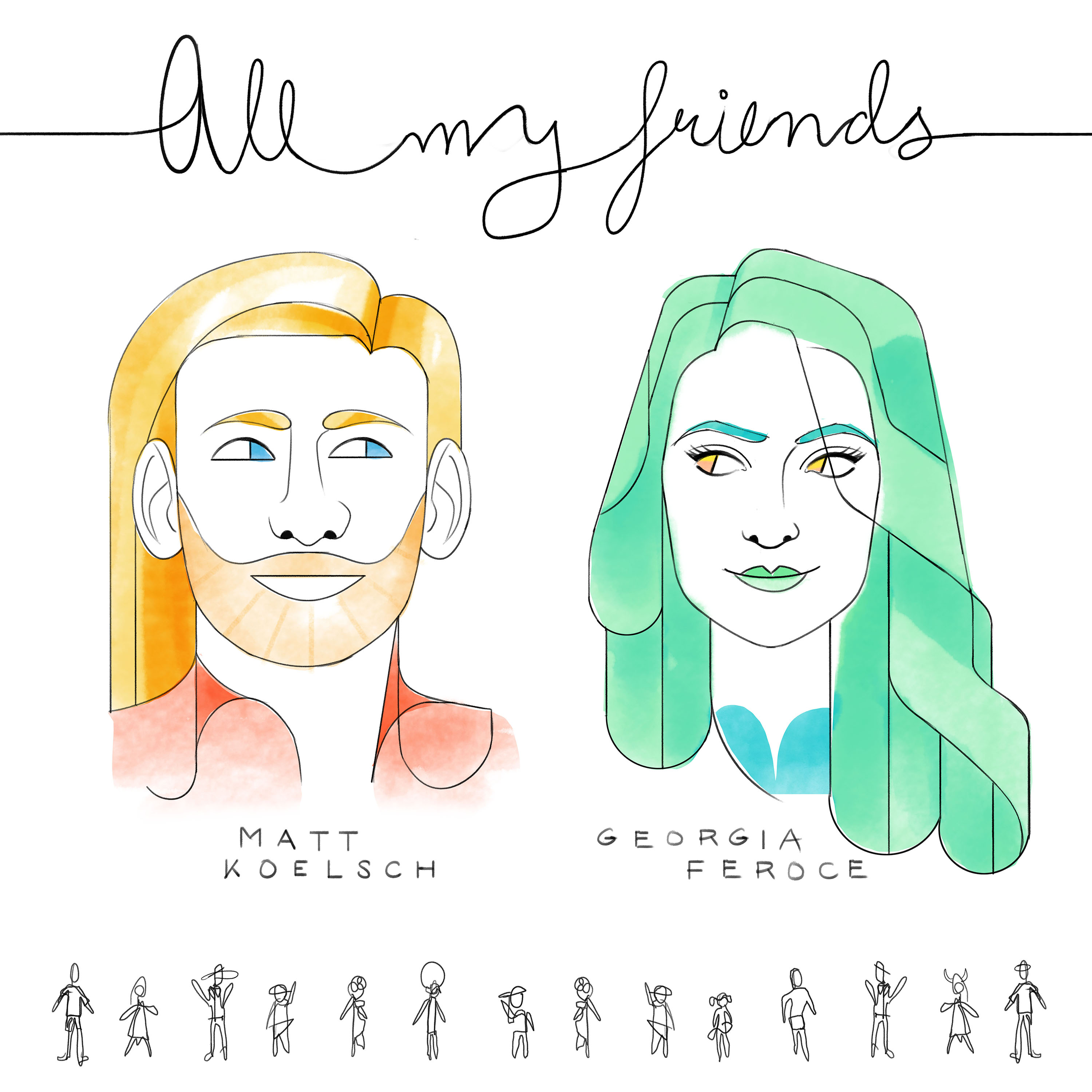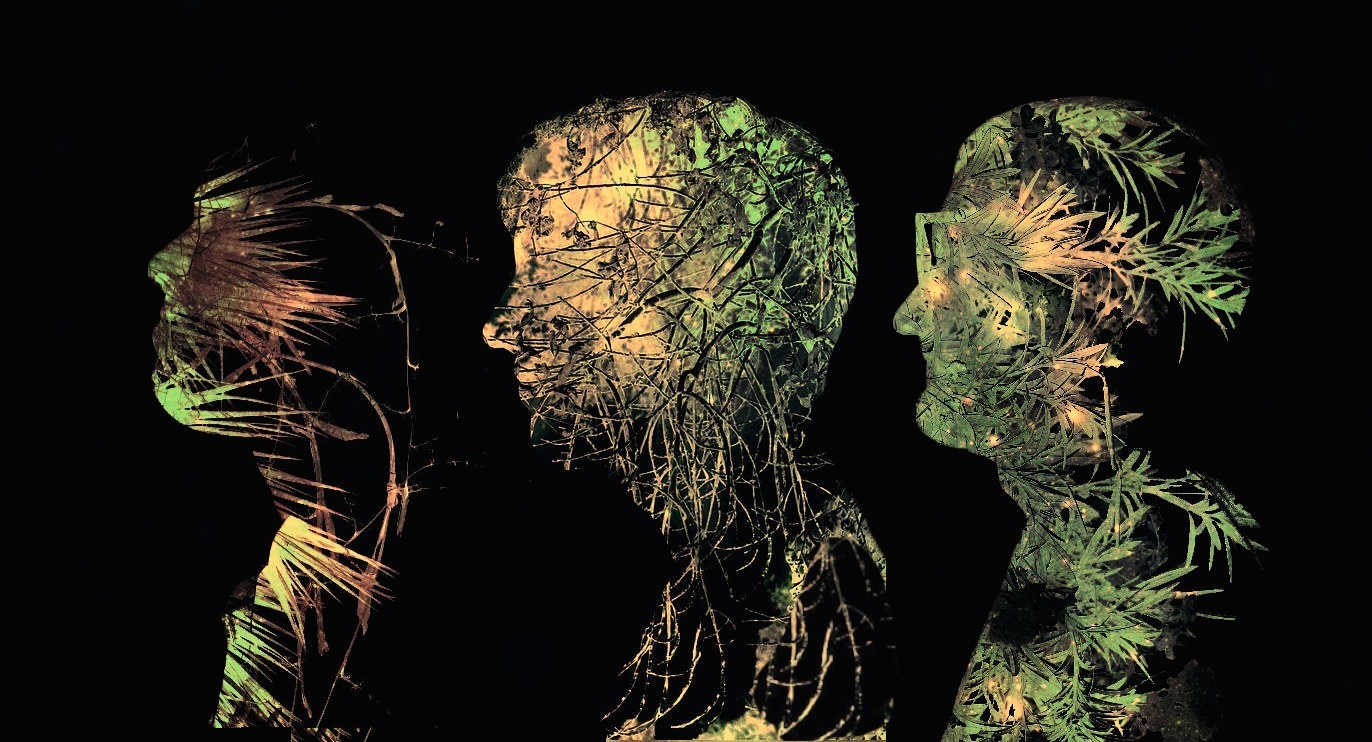Left at London’s latest release “Safety First” is a testament to being unabashedly transparent, and we should all be grateful for her insight.
 follow our Today’s Song(s) playlist
follow our Today’s Song(s) playlist 
Stream: “Safety First” – Left at London
Let’s talk about breakups baby. Let’s talk about all the good things and the bad things that may be. Break ups, as a universal concept, are an unfortunate malady that most of us must experience at some point or another. Whether it be platonic, filial, or romantic intimacy, to break up means reconciling with losing a part of yourself. Singer-songwriter Left at London does more than just reconstitute this notion on her newest release, “Safety First”, she expands on it. Relationships, especially romantic, for Trans people are detrimental, hauntingly vulnerable and leave us feeling eviscerated.

Musician, comedian, and Transgender street legend Left at London (AKA Nat Puff) has been making music since grade school. Her first two albums PURPLE HEART and TRANSGENDER STREET LEGEND VOL. 1 were released in 2018 and garnered well deserved praise. Now in 2020, she is on the precipice of her new album, TRANSGENDER STREET LEGEND VOL. 2. Left at London’s newest album promises, “Rather than make light of the world around her, Puff smolders from within on this album, accessing deep political outrage and personal pain as fuel for her various musical fires” Given the aforementioned statement, none is a wiser debut choice than the newest release from Left at London, Safety First.
While humor is an indelible aspect of Left at London’s music, the lyrics of “Safety First ” are indicative of a tonal change. In her first verse alone, she is overtly more forthright with an air of subtle tragedy. Relationships are not complicated, they’re nuanced. We do things in them we’re not proud of, ie Left at London’s anger, we’re gutted when they’re gone – but even in resentment or bitterness, we still care about those people.
I give my heart out only for it to break
I fell in love, it’s a beginner’s mistake
She told me “you can paint your anger
But try to get my good side as well”
But I’m running out of things to say
I don’t need you but I need you
If this the new you, what did I teach you
Saw you at the party but I couldn’t reach you
Said I missed you, you said “good to see you”
And I wish I could recover
I don’t love you anymore
Yet I don’t know if I could love again
But the crowds want a love song
But it doesn’t feel honest now the love’s gone
Left at London is aware that we’re supposed to grow in relationships, and even though she does not need this person, and she only misses them sporadically, she’s still invested in them. The words ‘good to see you‘ hit like a sharp bite from someone who has held you in your worst moments. To quote fellow queer pop artist Rina Sawayama, “God it’s insane how things can change like that” in reference to the oscillating nature of closeness and intimacy. ‘I don’t love you anymore, Yet I don’t know if I could love again. But the crowds want a love song. But it doesn’t feel honest now the love’s gone‘. The fear of abandonment and deep seeded futility of Trans love is something that deserves encyclopedias, but Left at London sticks to an honest truth. Tried and true love for Trans people is so hard to come by that regardless of when we’ve had it, it always feels anomalous. She plays along, and writes the only song about love that she can.
The track’s chorus is dejected and pining for a fleeting love. A love that optimistically pleads for a change of heart. A love that is proof that she, and by extension we, are deserving. I sing for someone I may never meet but, I would like to smile again. I would like to kiss somebody and cry”. Psychedelic pop production with doubled vocals and a sprinkle of bass guitar amplify the pang of trying to find love in a world that makes it feel like Trans people get one shot at finding happiness.
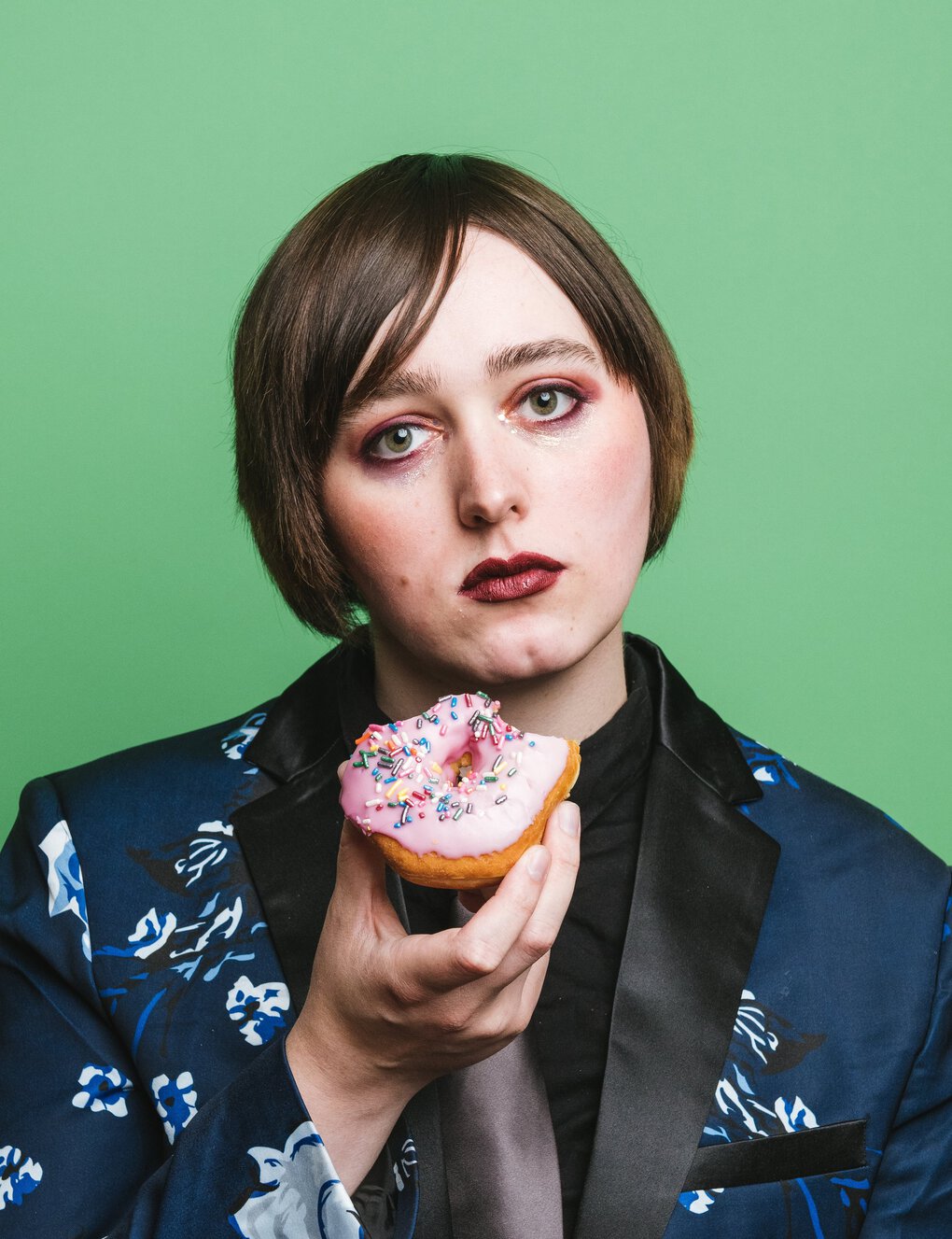
Left at London is calculated: She completely shifts the composition and tone starting at the bridge. She fades out the emphatic beat and replaces it with a still, light piano. ‘But I haven’t felt that way in so long/ and a love like ours was such a pleasant one/ But honestly my trust in love has faltered/ and now all I have’s regrets and gratitude‘ she sings, highlighting how the end of a relationship doesn’t always have to signify its demise but rather a different kind of love in its stead. A love that is based in gratitude, gratitude to your partner for the experience, the lessons you have learned, and for being shown unabashed love in the first place. We may not see these people in the same capacity, or hold them in the same esteem but regardless, their effect on us is ours to take ownership of. Left at London is happy she got to experience that love but rather than harp on it, she instead channels that energy into loving the world, her fans, and even herself.
And if falling in love is all that it takes
To make you love the world
You’ll be bitter when they go
Because even infinity in its entirety
Still can turn to nothingness
When it’s multiplied by zero
The refrain is simple: the same stanza repeated three times. Yet the incrementation is pivotal as Left at London builds in intensity on every repetition: ‘I should be patient, I should be kind/ But I don’t have energy anymore/ I shouldn’t envy, I shouldn’t boast/ But I don’t have energy anymore.’ By the end she’s practically beseeches for understanding. There is an irrefutable undercurrent of Transness throughout this song. Surely the vast majority of people can relate to these lyrics and resonate in some way, yet Puff’s words feel even more poignant in a Trans context. To find the mythologized love, as a Trans person, is already unbelievably taxing but, to feel convinced of its genuity, is downright Sisophysian. When we lose love, it’s harder and harder to convince ourselves how we ever even got in at all. Left at London, ends the third and final repeat, with two different, and heart wrenching lines. ‘You knew your love was conditional, Why did you promise to stay?‘ The slight change of lyrics state a plaguing reality for Trans individuals. To show us love feels like a huge commitment, a burden, and we can’t always understand what’s worth staying for.
Breakups breed pain, but they also endow retrospection. We learn about ourselves in and out of relationships. Left at London is cognizant of her relational traumas, her hardship to trust, and her inability to be vulnerable; she’s even apologetic about it. Even now that it feels impossible for her to find any love again, she remains hopeful at her investment in herself.
“Safety First” is not just a fun and touching song about loss, grief, and empowerment: The track speaks to the importance of subtleties and insecurities that Trans individuals have to fight themselves on every day.
Puff’s words are not unlike the vast majority of the community, and it feels so nice to hear them, brazenly, said out loud.
Stream: “Safety First” – Left at London
— — — —

Connect to Left at London on
Facebook, Twitter, Instagram
Discover new music on Atwood Magazine
? © West Smith
:: Today’s Song(s) ::
 follow our daily playlist on Spotify
follow our daily playlist on Spotify 

